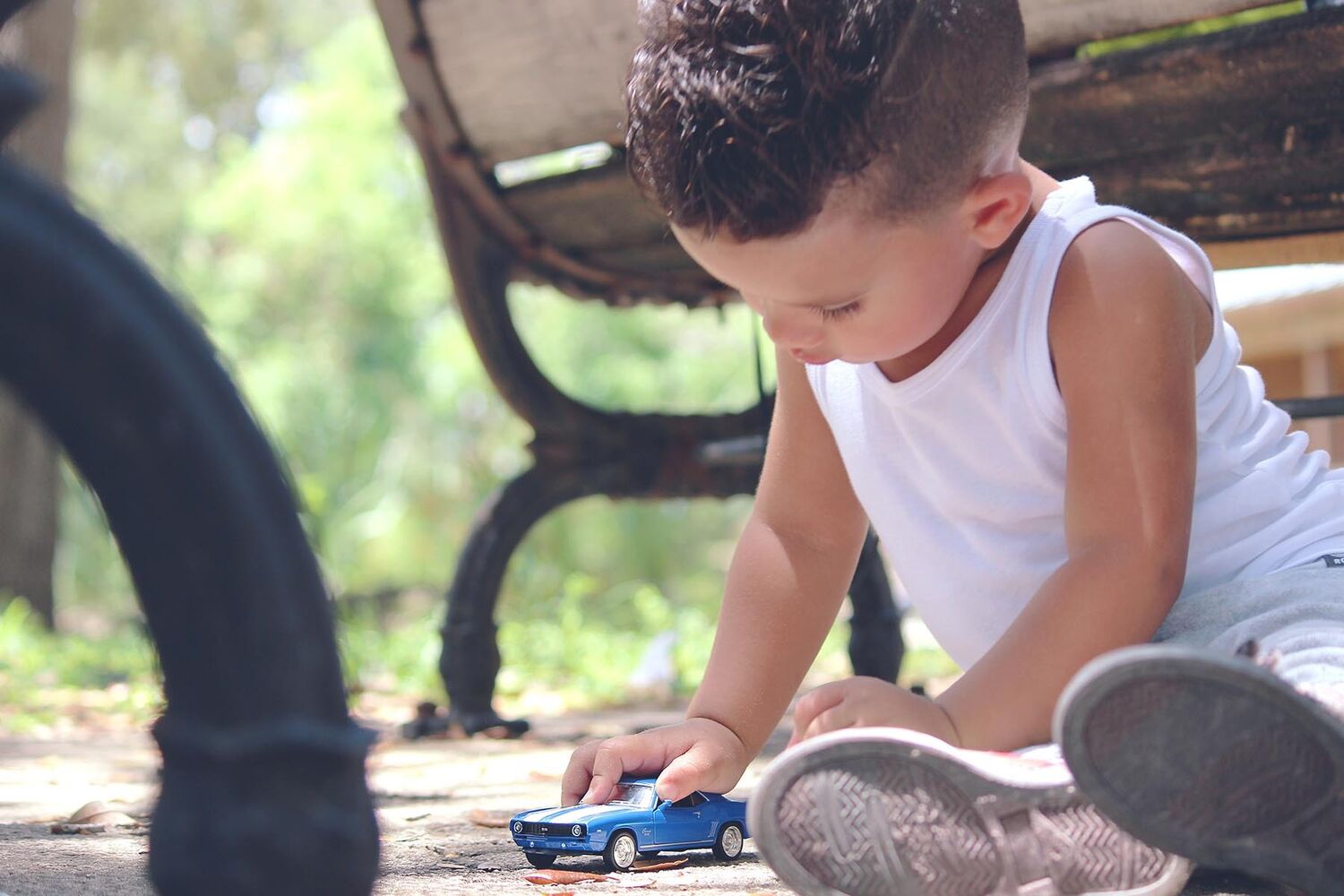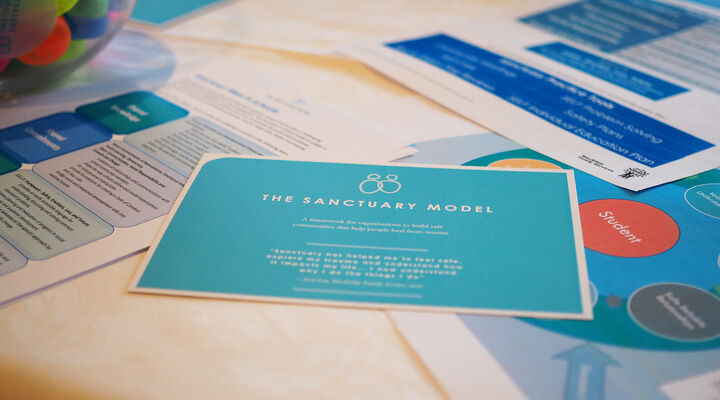Demand has been high for organisations that support wellbeing and help children and families cope with change and loss. MacKillop Seasons delivers Seasons for Growth, a capacity-building program that supports communities to manage change and respond to loss and grief following traumatic events.
Since the start of 2020, the team has been inundated with calls for help from Australian schools and communities who are worried about the mental wellbeing and resilience of their children. These children and young people witnessed their communities live through a series of life-threatening, natural disasters. During their recovery, their loss and grief have been compounded by the arrival of COVID-19.
Seasons for Growth has been supporting children to attend well to change and loss experiences for more than 20 years. The program has expanded and adapted over the years in response to working with schools, families and communities in the aftermath of events such as the New Zealand earthquakes.
General Manager, Fiona McCallum, says teachers and health professionals quickly realised that children would benefit from support to process the traumatic events their communities had lived through.
“Following the bushfires, professionals were anticipating the need for the children and young people to have an avenue to voice their experiences and have their feelings acknowledged. They would need an opportunity and help to name their reactions and identify opportunities and networks for support.
“Additionally, it is natural and normal for children to respond differently to the experience of a traumatic events. Some children will present with an emotional response whilst others will show behavioural changes – it is important to recognise these changes and seek the appropriate help,” added Fiona.
From its experience supporting communities to deal with change, loss and trauma, the MacKillop Institute has identified eight key pillars that, when considered in the design of supports to children, young people and families, create resilient communities.
Eight pillars of support to build resilience in communities
1. Support communities to support themselves
Building local community capacity and confidence to support each other works best as they know what is most needed in their own communities. Local capacity building ensures professionals can support colleagues, families, children and young people with their experiences of the current event, and build resilience in preparation for future events.
2. Build mental health resilience in the community
This is about strengthening the ability to cope with uncertainty and change. It goes beyond disseminating information and is based around mutual support and shared experience. To do this, we can focus on building capacity for professionals, adults, children and young people to develop knowledge, practice skills and identify their trusted support networks within their community.
3. Normalising lived experience
Children and young people’s wellbeing is enhanced when their experience is acknowledged by peers and they realise they are ‘not the only ones’, helping to normalise their experience. Peer feedback and support can provide this crucial element – learning from peers has a credibility that learning from an adult cannot impart.
4. The interconnectedness of parent and child issues
Following the 2009 Black Saturday fires in Victoria, parents spoke of the need to respond to parenting situations they never expected to face. Valued aspects of parenting, such as patience and tolerance, were suddenly competing with demands to rebuild homes and put food on the table with a diminished income, all at a time when parents were managing their own trauma response to the disaster. MacKillop’s post-natural disaster review of the literature combined with local community conversations, suggests recovery is best achieved with community-led and integrated family support to strengthen and enhance relationships.
5. The Australian COVID-19 experience is different from other countries.
Areas within Australia have the layered experience of recent disasters quickly preceding the arrival of COVID-19. The uncertainty of change and loss in already vulnerable communities creates stress and ongoing trauma. These communities face a unique challenge in dealing with compounded crises and the negative effect of long-term stress on mental health.
6. Equip communities for future adversity
Change and loss, whether we like it or not, are a part of life. Investment in building knowledge and skills now can help communities approach challenging life events and will set people up for the future. Factors such as separation and divorce, bullying and mental health and unexpected and traumatic events such as suicide, impact the mental health and wellbeing of children and young people To achieve resilience, communities need support over time to develop the coping strategies to deal with adverse circumstances.
7. Take a phased approach to building resilient communities
Our experience shows a two-phased approach is essential, initially to support the immediate loss, grief and trauma response by children, young people and adults, and then in the second stage to develop communities’ capacity to recover long-term and build future resilience:
Phase 1: Immediate Response
Phase 2: 12-18 month post natural disaster
A proportion of children and young people will manage uncertain times with the support of trusted adults already in place. Others benefit from the psychosocial interventions. A two-phased approach addresses these dual needs.
8. Schools are a critical channel to support wellbeing and build resilience
Schools act as a foundational pillar for community support and enable a whole-of-community approach to recovery. Professionals from schools and community-based organisations need practical, evidence-based programs to support children and young people in their local communities. Schools are the safe community hub and ‘go-to place’ for support in difficult times, bringing communities together and building social networks. For more information on key elements that should be considered in the design of immediate and long-term supports for communities affected by natural disasters, please read The MacKillop Institute’s Discussion paper, Resilient Communities: The case for early response capacity building following natural disasters.
MacKillop Family Services has also partnered with Berry Street and others across the sector on a report, Keeping families together through COVID-19: the strengthened case for early intervention in the child protection and out-of-home care system in Victoria. The report recommends a long-term, economically sustainable approach that will see savings for the Governments but, most importantly, better outcomes for children, young people and families.





